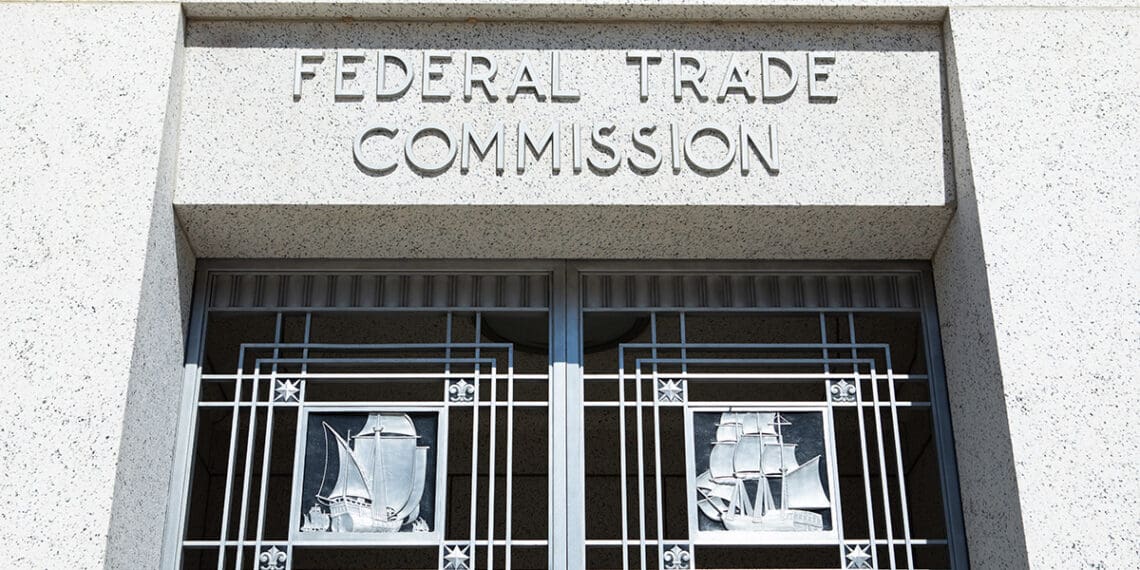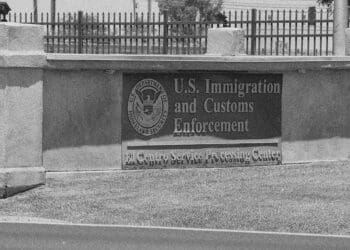Pending a court challenge, a new federal rule would prohibit virtually all noncompetition agreements between employers and workers. Hannah Addison and Michael Twomey of Kane Russell Coleman Logan break down common questions surrounding the FTC’s new noncompete ban.
In April, the Federal Trade Commission (FTC) issued a final rule implementing a comprehensive ban on noncompete agreements with workers after determining such agreements represent an unfair method of competition under the “Unfair or Deceptive Acts or Practices” section of the FTC Act.
Given the scope of the Rule, substantial concerns exist that the FTC has exceeded its legal authority — indeed, the rule faced swift legal challenges — but companies would be well-advised to take stock of their agreements with employees that contain non-competition clauses as well as other restrictions that may be implicated by the rule (such as non-disclosure or non-solicitation provisions).
The rule is scheduled to become effective in September, about four months after being published this week on the federal register, though the pending court challenges could change that date or force alterations in the rule itself.
What agreements are covered?
This rule applies to any agreement with a worker containing a noncompete clause, defining such a clause as a “term or condition of employment that prohibits a worker from, penalizes a worker for, or functions to prevent a worker from: (1) seeking or accepting work in the United States with a different person where such work would begin after the conclusion of the employment that includes the term or condition; or (2) operating a business in the United States after the conclusion of the employment that includes the term or condition.”
In this context, “person” means an individual, partnership, corporation, association or other legal entity within the commission’s jurisdiction, including any person acting under color or authority of state law. This broad language encompasses employees, independent contractors, externs, interns and volunteers, among others.
Business Groups Sue to Block FTC’s Newly Finalized Noncompete Ban
Existing agreements with senior executives can continue
Read moreDetailsDoes the rule apply to all agreements with employees, such as nondisclosure, nonsolicitation or retention bonus agreements?
Possibly. The FTC’s responses in the final rule to public comments on the original proposal shed light on how it will interpret the rule’s coverage. Where a nondisclosure or confidentiality agreement is narrowly tailored to confidential information of the business, the rule likely will not affect those agreements. Conversely, where an agreement restricts the use of information (i) derived from the worker’s general training, knowledge or experience gained on the job or otherwise or (ii) that is readily ascertainable by other companies or the general public, it may amount to a noncompete agreement.
The FTC also did not expressly exclude nonsolicitation provisions from the rule, stating that whether a nonsolicitation clause qualifies as a noncompete under the rule is fact-specific. Courts have historically considered nonsolicitation provisions that are drafted broadly, meaning the provisions are not limited to contacts with whom the employee worked, as overbroad restraints on trade. It is conceivable that broadly worded nonsolicitation clauses may fall under the Rule’s definition.
As to retention bonus or incentive agreements, the FTC did explain that merely requiring repayment or forfeiture of a bonus if an employee leaves a job will not be treated as a noncompete under the rule; any provision requiring forfeiture for competition would likely be covered by the Rule, however.
What does the rule mean for existing noncompete agreements?
If the final rule goes into effect, noncompete agreements for all workers except “senior executives” cannot be enforced against the worker. This means that a worker cannot be required to enter into a noncompete agreement after the effective date, and if a worker previously agreed to a noncompete clause prior to the rule’s effective date, the company is unable to enforce the agreement with the exception of those with senior executives. In effect, after the effective date, an employer will have no recourse against an employee for breach of a noncompete provision previously entered into.
The company that entered into an existing noncompete agreement with the worker is also required to provide clear and conspicuous written notice to the worker for each existing noncompete clause that such a clause will not be, and cannot legally be, enforced against the worker.
What is the exception for ‘senior executives?’
Under the rule, a “senior executive” is a worker who is in a policy-making position with an annual or total compensation of at least $151,164. Policy-making positions include presidents, chief executive officers and workers who have “final policy-making authority over significant aspects of a business entity.”
Under the rule, only new noncompete agreements entered into with senior executives after the effective date are invalid, meaning that any pre-existing noncompete agreements with senior executives are unaffected. A person may not enforce or attempt to enforce a noncompete clause with a senior executive entered into after the effective date or represent that such an agreement is enforceable.
Are there any exceptions?
The final rule does not apply to bona fide sales of businesses, including a noncompete clause entered into by a person pursuant to a bona fide sale of a business entity, of the person’s ownership interest in a business entity or of all or substantially all of a business entity’s operating assets.
It also does not apply to existing causes of action that accrued prior to the effective date nor in instances where a person has a good-faith basis to believe the rule is inapplicable. The FTC explained that this good-faith exception was included out of an abundance of caution to ensure that the rule does not run afoul of any First Amendment protections, but the FTC does not believe that the rule infringes on any First Amendment protections. This indicates that the good-faith exception will likely be narrow in its application.
The rule also does not annul or exempt any person from complying with any state statute, regulation, order or interpretation applicable to a noncompete clause pertaining to state antitrust, consumer protection and common laws, indicating that some protections still exist for businesses and employers. The rule supersedes such laws only to the extent that a law allows a person to engage in unfair competition as defined under the rule.
Additionally, the definition of “worker” does not include a franchisee in the context of a franchisee-franchisor relationship. Such businesses may continue use of noncompetes because the rule is inapplicable to franchisee-franchisor relationships.
Will the rule stand?
The Chamber of Commerce has already filed a coalition lawsuit in the Eastern District of Texas against the FTC, claiming the rule exceeds the FTC’s legal authority, constitutes an unlawful interpretation of the law, constitutes an unconstitutional delegation of authority and causes unlawful retroactivity. A Dallas-based global tax services firm has also filed a suit in federal court challenging the rule.
Given its sweeping breadth, it is unclear whether the rule will withstand legal challenge. Regardless, the rule demonstrates a growing hostility toward noncompetes. Some states have already restricted noncompete provisions, and businesses should keep a watchful eye on such trends. Additionally, even if the rule is invalidated, the proposal may foreshadow additional enforcement efforts by the FTC and other federal agencies to limit the use or effect of noncompete agreements.
What should companies do now to prepare if the rule survives?
Now is a good time for companies to take stock of their employee agreements and their terms. An inventory of your company’s agreements and those the rule may implicate will give you a head start should it go into effect and require revisions to agreements.
In the event that the rule survives the legal challenges, other avenues exist to protect a business’s investment in its employees and goodwill. For instance, as noted above, narrowly tailored nonsolicitation agreements and nondisclosure agreements should escape coverage under the rule.




 Hannah Addison
Hannah Addison Michael Twomey
Michael Twomey 






